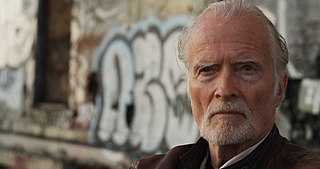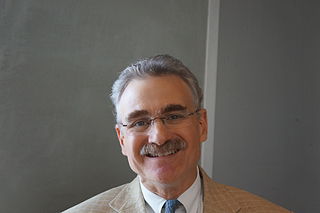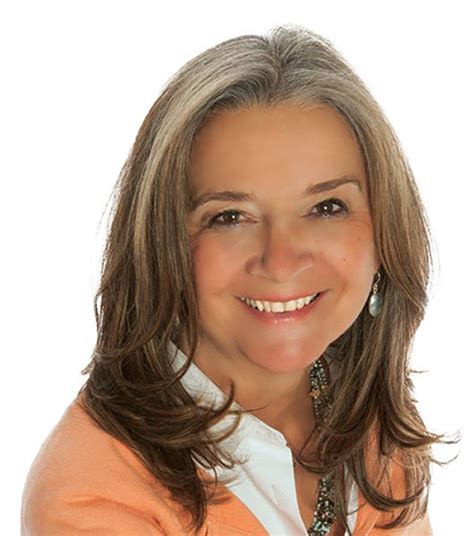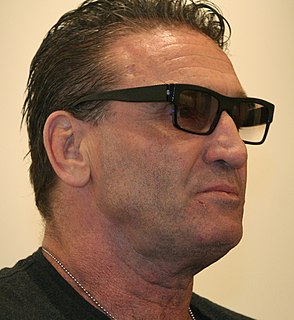A Quote by Rob Nilsson
I don't think film schools are mentoring kids. I think they just send them through the curriculum, so now you know how to hold a camera, how to use a Dx3 menu. You can learn that in five minutes from somebody that doesn't even know anything. But what do you know if you haven't read anything - studied art and studied literature - what do you have to contribute?
Related Quotes
Filmmaking materials are in the hands of more people now than ever before. I would like to think that the more people have these tools, the more people will learn how to use them, it's another argument I would argue for, personally, for art's education. Because there are kids who aren't that literate in screen language and they've got to know how people select shots, how people edit audio, how people combine things to make what they see on the screen. It would be like the 15th century or the 16th century in Germany, and somebody amends a printing press and you don't know how to read and write.
How are you going to protect me?? do you even know what it means to protect someone?? you think giving a crying person icecream is a way of comforting or protecting them?!?! you don't even know anything! you don't know how to love someone, you don't know how to show love, and you don't know what it means to protect someone. you hurt people without realizing it
The second suggestion is to think as well as to read. I know people who read and read, and for all the good it does them they might just as well cut bread-and-butter. They take to reading as better men take to drink. They fly through the shires of literature on a motor-car, their sole object being motion. They will tell you how many books they have read in a year. Unless you give at least 45 minutes to careful, fatiguing reflection (it is an awful bore at first) upon what you are reading, your 90 minutes of a night are chiefly wasted.
I have studied the enemy all my life. I have read the memoirs of his generals and his leaders. I have even read his philosophers and listened to his music. I have studied in detail the account of every damned one of his battles. I know exactly how he will react under any given set of circumstances. And he hasn't the slightest idea of what I'm going to do. So when the time comes, I'm going to whip the hell out of him.
I do feel that there are things you can learn from an artist, but I think you need to be very close to that person, and to know that person fairly well, in order to acquire anything from them. I do have a teacher myself, and I have learned quite a lot from my teacher, but it's not how to make a film. It's more how to approach my life as a director, how to approach and how to lie to a producer.
I don't know what of our culture is going to survive, or if we survive. If you look at the Greek plays, they're really good. And there's just a handful of them. Well, how good would they be if there were 2,500 of them? But that's the future looking back at us. Anything you can think of, there's going to be millions of them. Just the sheer number of things will devalue them. I don't care whether it's art, literature, poetry or drama, whatever. The sheer volume of it will wash it out. I mean, if you had thousands of Greek plays to read, would they be that good? I don't think so.
Thanks is part to our education system, we tend to think that we're smarter than the stupid guys in funny wigs who came before us. But that's because we are mistaking technology, progress, and access to information for intelligence. We think that because we know how to use iPhones (but not build them), browse the Internet (but not understand how it works), and use Google (but not really know anything), our educational system is working just great. By the same token, we think that those dumb aristocrats who used horses to get around and didn't have electricity were neanderthals.
They say, "Katie, you're wrong." And if I say, "How dare you say that? I have studied and studied." Or, "I am an expert in" whatever area we're talking about. Or, "No, you are wrong! And I think you're rude!" Or anything like that, and if we don't say it out loud, maybe we think it, but that's stressful. The moment I've defended, in any way, I've started the war.
Literary gentlemen, editors, and critics think that they know how to write, because they have studied grammar and rhetoric; but they are egregiously mistaken. The art of composition is as simple as the discharge of a bullet from a rifle, and its masterpieces imply an infinitely greater force behind them.
I was about 20 when my mom got sick with cancer and it was bad. It was very scary and at the time I was doing my first screenplay and I was on deadline and was alone with my father in Massachusetts. I said, "Pop, you know, I don't how I'm going to work. I don't know how I can get this done. You know, I got to hand this script in and I can't think about anything but Mom." He said, "Well, you know, now is the time when you're going to learn what it means to compartmentalize." And those words really had an impact on me.





































